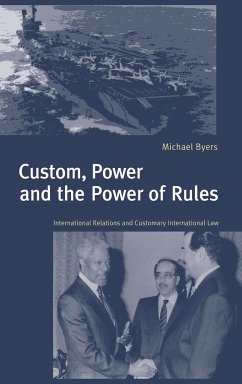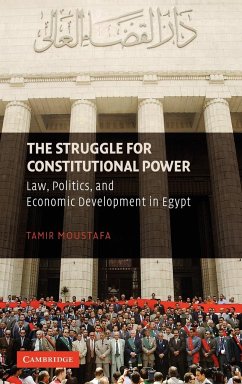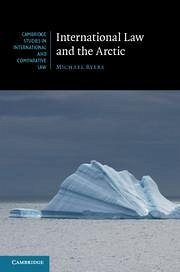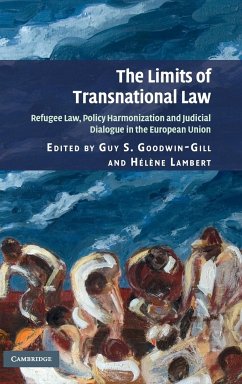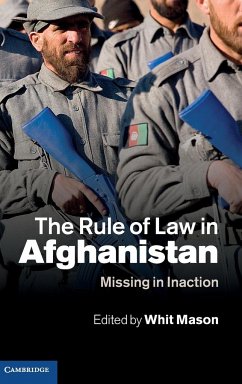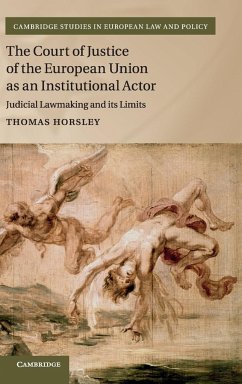
Custom, Power and the Power of Rules
International Relations and Customary International Law
Versandkostenfrei!
Versandfertig in 1-2 Wochen
42,99 €
inkl. MwSt.
Weitere Ausgaben:

PAYBACK Punkte
21 °P sammeln!
This book explains the most foundational aspect of international law in international relations terms.





